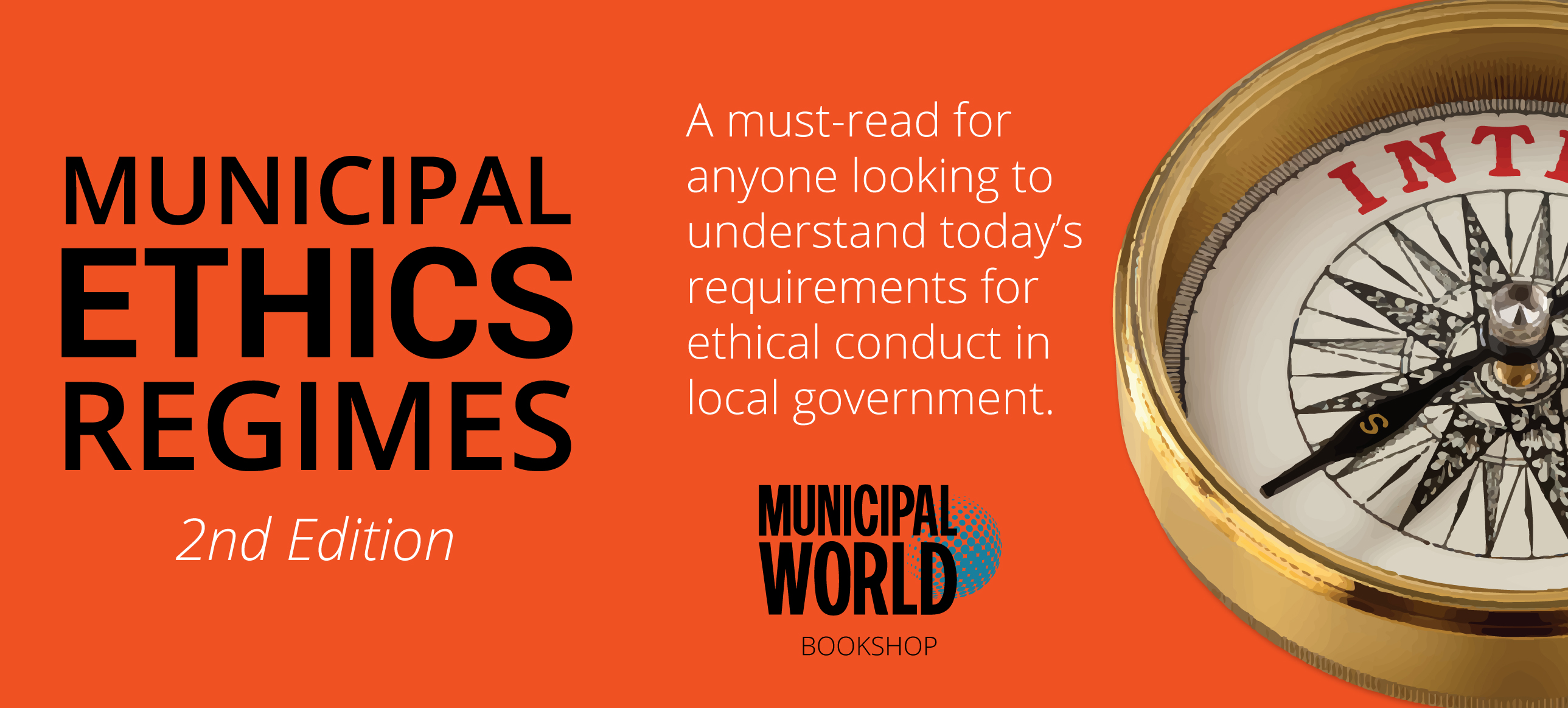Councillors behaving badly

Is there an epidemic of municipal councillors behaving inappropriately?
In recent years, news stories have told increasing tales of offside behaviour by councillors and heads of council toward municipal staff, fellow councillors, and the public. Offences range from yelling and disrespectful conduct, to demeaning language and sexual harassment.
During a recent series of lunch meetings with the Ontario Municipal Administrators’ Association, attendees were polled regarding the extent of the problem. The numbers tell the tale of a problem that has escalated to a critical level: 77 percent of respondents reported harassment and bullying by elected officials, with 76 percent stating that they had personally been at the receiving end of harassment by a member of council. These startling statistics show just how big the issue has become.
Legal Remedies for Harassment by a Council Member
Most, if not all, municipalities have a policy that addresses harassment for its employees. But, what do you do if the offending conduct is at the hands of a member of municipal council?
One question that frequently arises is whether councillors can or should be held accountable in the same way as a municipal employee – perhaps being held to an even higher standard, given the principles of integrity and accountability that underlie their elected positions. However, councillors fall outside the employer-employee relationship, which has created difficulties when a councillor’s conduct offends municipal harassment policies. Although many of these policies stipulate that they also apply to councillors, municipalities have, historically, been unable to impose sanctions on councillors for their misconduct.
In Ontario, recent amendments to the Municipal Act, 2001 require municipalities to establish a code of conduct for members of council, as well as a policy for staff/council relations. Municipalities are also empowered, at their discretion (but required in the case of the City of Toronto), to appoint an integrity commissioner to provide advice to council in respect of adherence to the code of conduct and to undertake inquiries into complaints regarding any breaches by members of council of the principles set out in the code.
Many municipalities have already put these mechanisms in place, implementing comprehensive codes of conduct for council members and appointing an integrity commissioner. Many of these codes of conduct address standards and express expectations of councillors’ respectful behaviour. The problem lies not with creating policies or identifying problem behaviour but in addressing it when it arises.
If the integrity commissioner determines that a member of council has breached the code of conduct, the Act provides that the municipality can impose:
- a reprimand; or
- a suspension of pay for up to 90 days.
Typically, these penalties are not effective at addressing or stopping the behaviour. As such, some municipalities have imposed other remedies, such as:
- harassment training for either council as a whole or one-on-one sensitivity training for the councillor whose behaviour is at issue (note: they cannot be forced to attend so sometimes all-council training is used);
- restricting the councillor’s access to certain premises;
- requiring that the councillor’s correspondence and inquiries to municipal staff be conducted through the Chief Administrative Officer (CAO);
- barring the councillor from meeting with a staff member that they have harassed (unless arranged through the CAO’s office);
- removal of the councillor’s contribution to the municipality’s newsletter or other communications;
- removal of the councillor’s appointment on a committee or board;
- a public declaration that the councillor breached the code of conduct; or
- a request by a majority of council that the councillor resign.
Many of the above measures are creative and effective means of addressing harassment by members of council. However, they cannot be proposed through the integrity commissioner process, as the remedies under the Municipal Act, 2001 are limited to the ones noted earlier: namely, a reprimand and/or suspension of pay. As an alternative, therefore, consideration should be given to having the investigation conducted by an external third party as a breach of the harassment provisions in the Occupational Health and Safety Act and/or the Ontario Human Rights Code.
Best Practices for Preventing and Responding to Harassment
Here are a few tips for preventing bad behaviour:
Establish a detailed code of conduct – Implement a comprehensive code of conduct for members of council that addresses standards of behaviour, including expectations regarding respect and harassment. The more specific the code is in regarding expectations and examples of inappropriate behaviour, the easier it is to enforce. The code should outline complaint procedures and potential avenues for resolution, as well as the role and process that will be followed by the integrity commissioner (or his or her delegate if one has been appointed).
Incorporate the municipal harassment policy into the code of conduct – Incorporate the municipality’s harassment policy into the code of conduct by specifically stating that it forms part of the code and that members of council are required to abide by the policy. Any other applicable workplace policies should also be mentioned, such as policies that address violence in the workplace and harassment via social media, given the popularity of individual blogs maintained by council members.
Training – Council should be properly trained and familiarized with the code of conduct, both as part of the initial orientation and on a regular basis thereafter (ideally annually). An initial interactive training session is much more effective than a mere review and recitation of the code and/or policy. This helps drive appropriate behaviour and increases an understanding of harassment and its impact.
Encourage bystander interventions – The greatest power to remedy bad behaviour is bystander interventions. This means the remaining members of council should take a strong, united stand against bad behaviour and demonstrate what respect means for their municipality.
Provide guidelines – Inform council of their respective obligations by providing them with an easy-to-digest guideline and fact sheet on respect and harassment.
Use an investigator with appropriate expertise – A lack of appropriate knowledge and expertise about the law and psychology of harassment creates a significant risk of a flawed investigation. This could ultimately result in a flawed finding. To avoid this, ensure that the individual conducting the inquiry and investigating the complaint – for example, the integrity commissioner, his or her delegate, or an external investigator – has specific expertise in dealing with harassment and is proficient in investigating harassment complaints.
Ask the integrity commissioner to delegate where appropriate – The Act permits the integrity commissioner to delegate to another person, other than a member of council. If the integrity commissioner does not have the necessary expertise and experience to properly investigate a harassment complaint, municipalities should consider including a mandate that the integrity commissioner must delegate to an individual who does. The consequence of coming to the wrong conclusion in an investigation not only creates a risk of legal liability, but also an outcome that will be harshly and thoroughly highlighted by the media for scrutiny in the public eye.
Impose effective remedies – Giving those who breach a harassment policy a proverbial “slap on the wrist” is ineffective at curbing the behaviour. In any situation of wrongdoing, it is critical that the remedy be fair, proportional to the misconduct, and effective at preventing the individual from repeating the behaviour.
Although there are limitations, a municipality’s hands are not completely tied. There are creative and practical solutions to effectively resolve these thorny and increasingly common situations. MW
Lauren Bernardi and Natasha Savoline are lawyers and HR advisors with Bernardi Human Resource Law LLP. The firm’s advisory, investigation, and training services help employers direct their human resources in a strategically sound and legally appropriate manner. Lauren and Natasha are both highly experienced lawyers and harassment investigators with considerable experience in the municipal sector.
as published in Municipal World, March 2018
Related resource materials:



